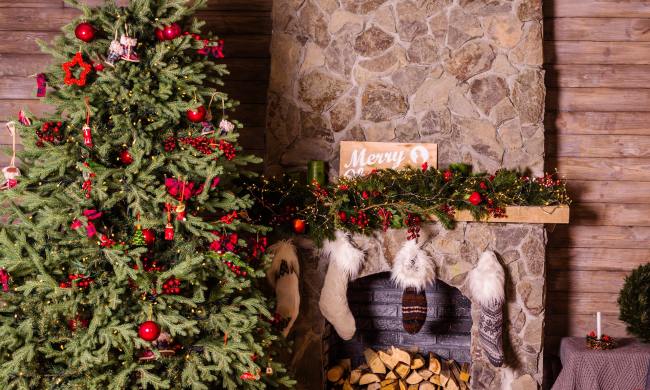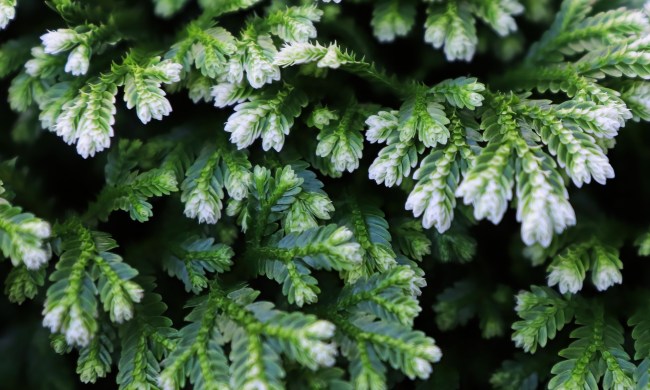Once all the Christmas festivities are over, it’s time to take down holiday decorations and figure out what you’re going to do with that huge Christmas tree. Unfortunately, every year a massive amount of Christmas trees end up in landfills where they don’t have the opportunity to decompose and break down like they naturally would in a forest. This isn’t good for the planet, and you’d be wasting a potential resource you could use for something else.
So if you’re curious about what to do with an old Christmas tree and how to get the most out of it, here are some ways you can recycle it so it becomes a gift that keeps on giving.
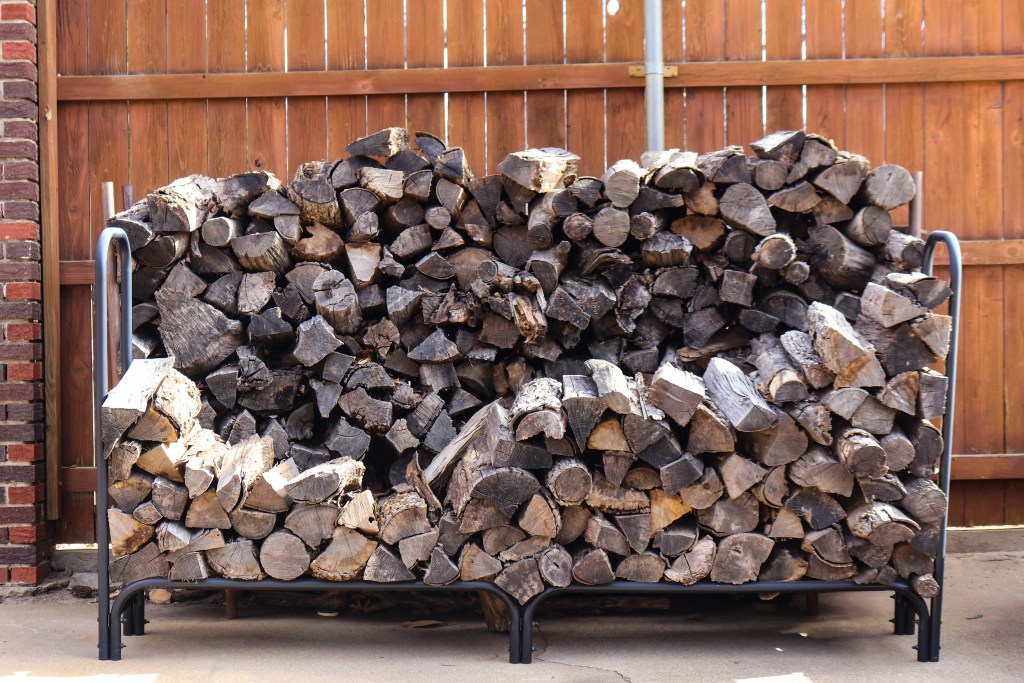
Use it as firewood
If you’re lucky enough to be one of those homeowners with a fireplace, we suggest cutting up your Christmas tree and using it as firewood. This will warm your home, save you some money on your electric bill, and fill your home with the comforting smell of burning pine. While it might seem upsetting at first to take a saw to your carefully chosen Christmas tree, it can be a great way to maximize your dollars and enjoy the tree one last time.
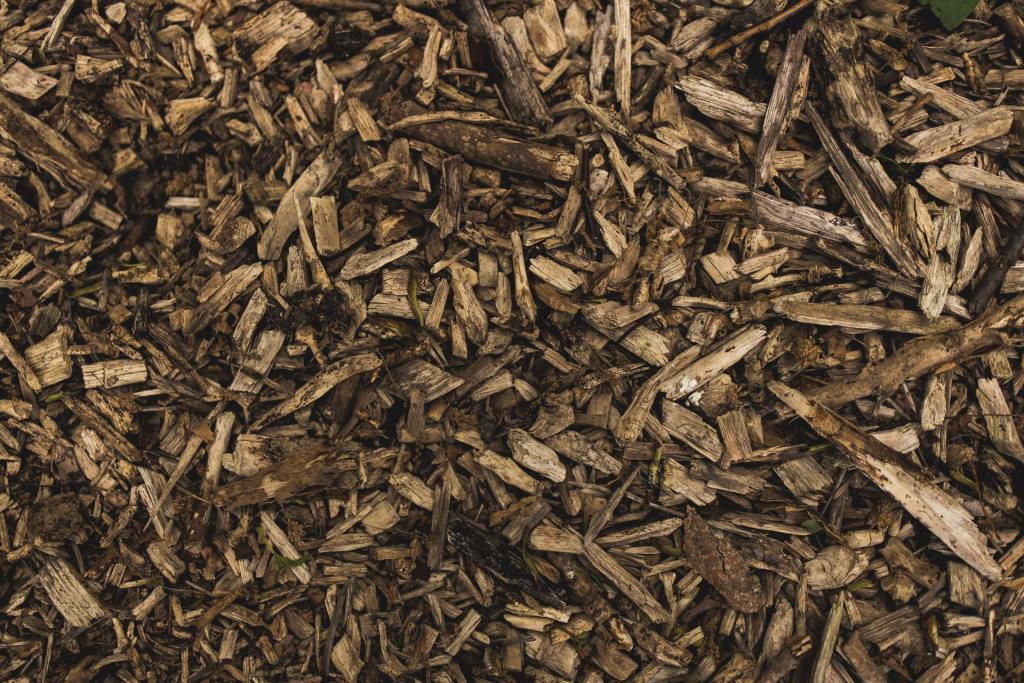
Turn it into mulch
If you have a garden or know someone with one, you could recycle your Christmas tree into mulch! Find access to a tree mulcher by borrowing it from a friend or renting one from the local store, and you can use it to mulch your tree. This mulch can be used in landscaping, veggie gardens, or even outdoor potted plants. You could make a day of it and offer to mulch all the trees in your neighborhood or give the mulch to those who want it. This will reduce how many trees end up in the landfill, and it’s a great way to spend time outside and with friends.
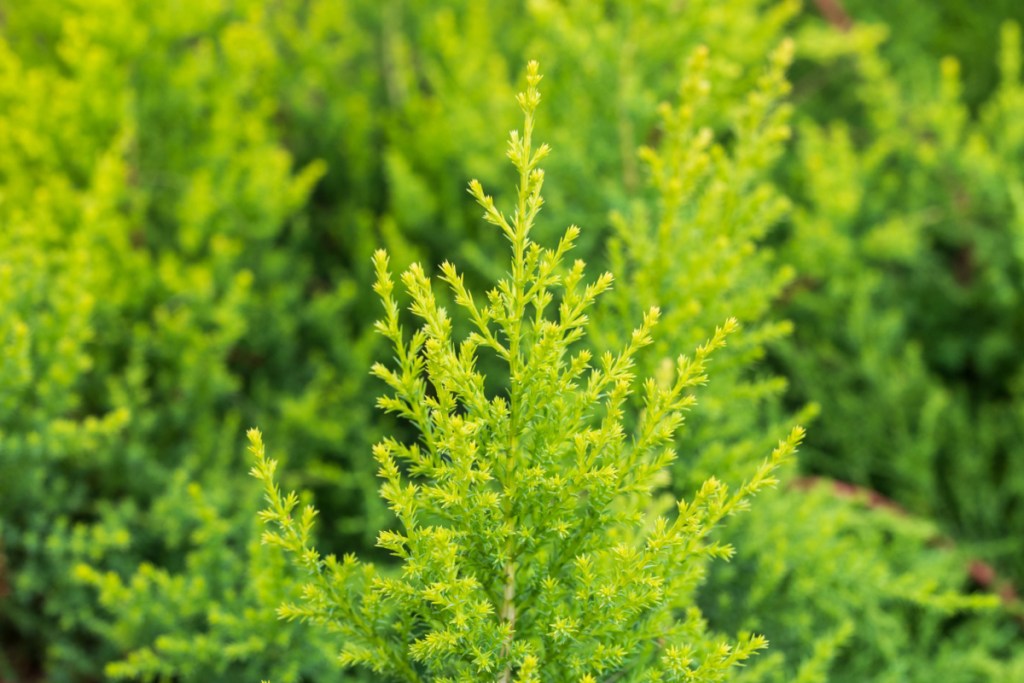
Make natural fresheners
You can find pine needle air fresheners almost anywhere, but they can be expensive, and they often have other chemicals in them that you might not want around your car or home. Your Christmas tree is going to save the day again! If the needles on your tree are still green, strip them off, place them in paper bags or pouches, and use them as natural air fresheners in your car, closet, or wardrobe. Your clothes will smell like Christmas time for months, and you might even get rid of that weird smell in your car!

Feed the fish
If you have a pond on your property, or if you know someone who does, you can use an old Christmas tree to feed the fish. This might sound weird, but in natural forests, trees fall into bodies of water all the time. There, the tree begins to rot, grow algae, and turn into a sanctuary for fish, turtles, frogs, salamanders, and other little critters. Take your old tree, drop it into a nearby pond or lake (with the owner’s permission), and create a little critter habitat! It can be your Christmas gift to Mother Nature.

DIY some coasters
Many of us love to DIY everything. There’s a sense of accomplishment when you make something yourself, and there isn’t anything better than using something that you were going to throw away and making something you can use! Take the memories of this year’s holiday and create some fantastic coasters out of the tree. You can use any saw you have around your home, cut the tree’s trunk into thin slices, and seal the rounds with a stain. You can keep them for yourself, share them with friends and family, or even start a small business and sell them on Etsy! You can also ask for your neighbor’s trees and use those, as well.

Check city guidelines
If none of those options work for you, there’s still hope of avoiding sending your tree to the landfill. Many cities in the United States will pick up Christmas trees for up to two weeks after Christmas. These crews will take the trees, mulch them, and, often, offer the mulch free to those who come and get it. This way, they aren’t going to a landfill and someone in your town can get affordable mulch for their garden.
Even though all the happy Christmas events are done and over with, you can still get something out of your Christmas tree. Whether you decide to mulch it, burn it, make something new out of it, or feed it to the fish, you’ll be doing your wallet and the planet a favor by not sending it to the landfill.
